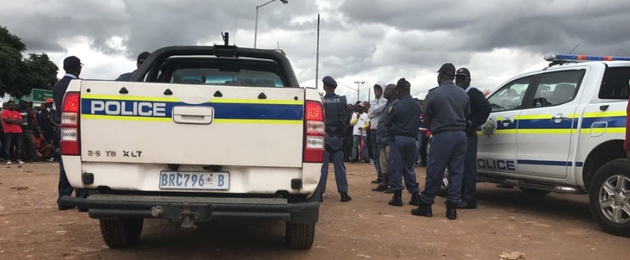Amnesty International has devised 25 rules to try and stop human rights abuses being perpetrated through the improper use of rubber bullets and other projectiles by police and security forces, the organization said today after releasing a report on the rising number of protesters being permanently injured or killed by the misuse of such weapons.
Dr Anja Bienert, Amnesty International’s Expert on Police and Human Rights, said: “That protesters who gathered for an International Women’s Day event in Basel in Switzerland on 8 March were indiscriminately shot at by police firing rubber bullets indicates the global scale of this crisis. It is increasingly routine for police worldwide to use rubber bullets or other kinetic weapons, often against peaceful protesters.
“These weapons should only be deployed in exceptional circumstances and used by appropriately trained officers as a last resort when there is an imminent threat of considerable harm to others.”
“Governments and law enforcement agencies can refer to the 25 rules when developing human rights-compliant laws and policies with regard to the use of rubber bullets and other kinetic impact projectiles.
“Firing projectiles at peaceful protesters, randomly firing at crowds, targeting people’s heads, and firing at extremely close range are just some of the abuses Amnesty International has identified across the world. The use of inaccurate projectiles and rubberized buckshot has also often led to permanent injuries, including loss of sight.”
Background
Released on 14 March, Amnesty International’s report, “My Eye Exploded”: the Global Abuse of Kinetic Impact Projectiles, documented the increase in injuries and deaths caused by rubber bullets and other projectiles worldwide.
The 25 rules and accompanying position paper are based on the UN Basic Principles on the use of force and firearms in law enforcement.
Amnesty International calls on states to facilitate the right to freedom of peaceful assembly through its Protect the Protestcampaign and supports the creation and adoption of a Torture-Free Trade Treaty to ban inherently abusive weapons in law enforcement and introduce human rights-based trade controls on other law enforcement equipment.
For more information or to request an interview, please contact:
Amnesty International’s Global Press Office on press@amnesty.org.


